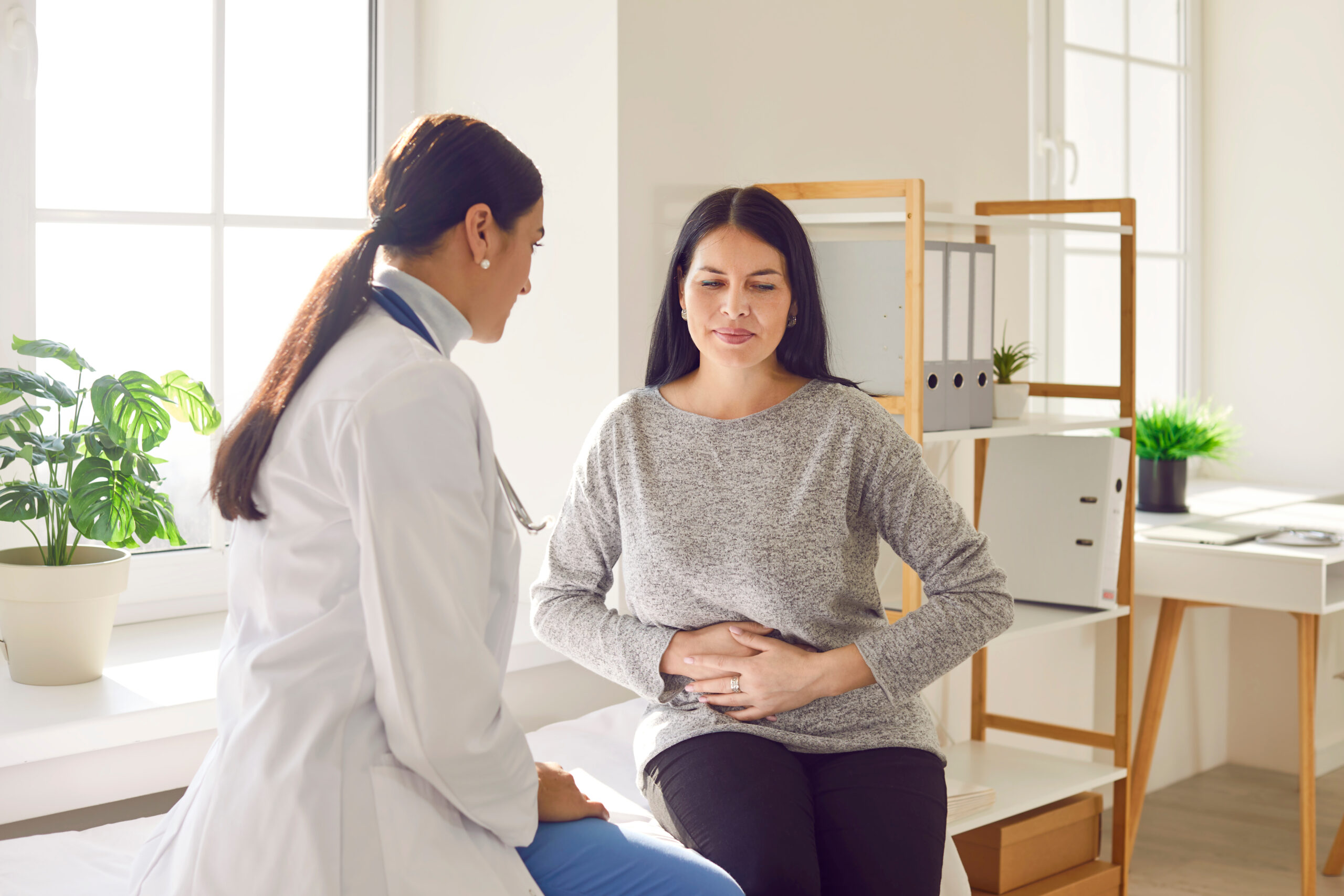Top 10 Reasons to Visit an Urgent Care Clinic for GI Concerns

When gastrointestinal (GI) issues strike, the discomfort can range from mildly irritating to downright painful. Often, these symptoms can be handled by an urgent care clinic, where you’ll get faster access to treatment than in a busy emergency room (ER). Knowing when to go to urgent care versus waiting it out at home or heading to the ER can be tricky, especially when dealing with digestive issues. This guide will help you understand which GI symptoms are best suited for urgent care and how visiting a clinic can provide the relief and answers you need.
-
Persistent or Severe Abdominal Pain
Abdominal pain can happen for many reasons, from a simple upset stomach to something more serious. If you’ve had abdominal pain for a few hours and it hasn’t improved—or if the pain is intense—an urgent care visit is often wise. Urgent care providers can assess the situation and perform a quick evaluation to identify possible causes. While not all types of abdominal pain are emergencies, certain issues like gallbladder inflammation, stomach ulcers, or mild appendicitis might be detected early, allowing for quicker referral if necessary.
-
Nausea and Vomiting
Ongoing nausea and vomiting can quickly lead to dehydration, especially if you’re unable to keep down fluids. Common causes include stomach viruses, food poisoning, and motion sickness, but they can sometimes indicate more serious issues, like gallbladder problems or even early signs of kidney stones. Urgent care clinics can provide anti-nausea medications, electrolyte solutions, and fluids to help stabilize you and keep symptoms from worsening.
-
Diarrhea Lasting More Than 24 Hours
While diarrhea is common and usually resolves on its own, having it for more than a day can lead to dehydration and disrupt your daily life. It may also indicate a bacterial or viral infection that needs attention. Urgent care clinics can assess the severity of dehydration and offer rehydration solutions or medications to control the symptoms. They can also recommend further testing if a more serious infection or food poisoning is suspected.
-
Heartburn and Acid Reflux Flare-Ups
Heartburn and acid reflux are common digestive complaints, but if they’re persistent and painful, it may be time for medical help. Severe acid reflux can lead to damage in the esophagus or indicate other underlying conditions. Urgent care providers can offer temporary relief with medications and recommend lifestyle adjustments to help manage symptoms. They may also refer you for further evaluation if chronic acid reflux is a concern, helping you prevent potential long-term damage.
-
Constipation with Severe Discomfort
Constipation happens to everyone at some point, but when it’s accompanied by intense discomfort or abdominal bloating, it can signal a more serious issue, like a bowel obstruction. Urgent care clinics can help assess the severity of constipation, provide symptom relief, and identify whether further intervention is needed. They may suggest over-the-counter or prescribed medications to relieve discomfort, along with advice on hydration and diet.
-
Blood in Stool or Vomit
Seeing blood in your stool or vomit can be alarming and warrants a medical evaluation. This symptom can be linked to various issues, from minor concerns like hemorrhoids to more serious conditions like ulcers or gastrointestinal bleeding. Urgent care providers can perform an initial assessment to understand the possible source and recommend next steps, which may include a referral to a specialist. Addressing these symptoms early can help you avoid potentially serious health complications.
-
Food Poisoning Symptoms
Food poisoning can hit hard, with symptoms like nausea, vomiting, diarrhea, and stomach cramps. While many cases resolve with rest and hydration, severe food poisoning can require medical help, especially if symptoms persist for more than a day. Urgent care clinics can treat dehydration, provide anti-nausea medication, and monitor for signs of bacterial infection. If the food poisoning is severe, urgent care staff can advise you on steps to prevent further complications.
-
Mild to Moderate Dehydration
Dehydration often accompanies GI symptoms like vomiting and diarrhea. If you’re feeling dizzy, fatigued, or experiencing dry mouth and reduced urination, dehydration might be taking a toll on your body. Urgent care clinics can administer IV fluids, providing quick hydration and helping you recover faster. Rehydration therapy at urgent care is a straightforward way to address dehydration before it turns into a more severe issue.
-
Bloating or Gas with Severe Discomfort
Bloating and gas are usually minor issues, but when they become severe or don’t go away, it could be a sign of something more significant, like irritable bowel syndrome (IBS) or food intolerance. If you’re experiencing intense bloating or gas pain that isn’t responding to over-the-counter treatments, a visit to urgent care can help you find temporary relief and rule out more serious conditions. They may recommend dietary changes, medications, or tests for food intolerances to help pinpoint the issue.
-
Changes in Bowel Movements
Sudden changes in bowel habits, such as increased frequency, changes in stool consistency, or difficulty passing stool, can be signs of digestive disturbances. While occasional changes are normal, unexplained shifts lasting more than a few days may need medical attention. Urgent care can provide an initial evaluation and may conduct tests to check for infections or other issues. This can give you peace of mind and help guide any necessary lifestyle adjustments.
Final Thoughts
Digestive issues can be uncomfortable, and sometimes they signal more than just an upset stomach. Urgent care clinics provide accessible and timely care for many GI concerns, helping you get the relief you need without the wait of an emergency room.
Do you know where your nearest urgent care clinic is? With multiple locations in New Jersey and surrounding areas, Care Station Medical Group offers fast, comprehensive medical care for unexpected illnesses and injuries. Get in touch with us today at (908) 925-CARE (2273) or visit a clinic in your location.
